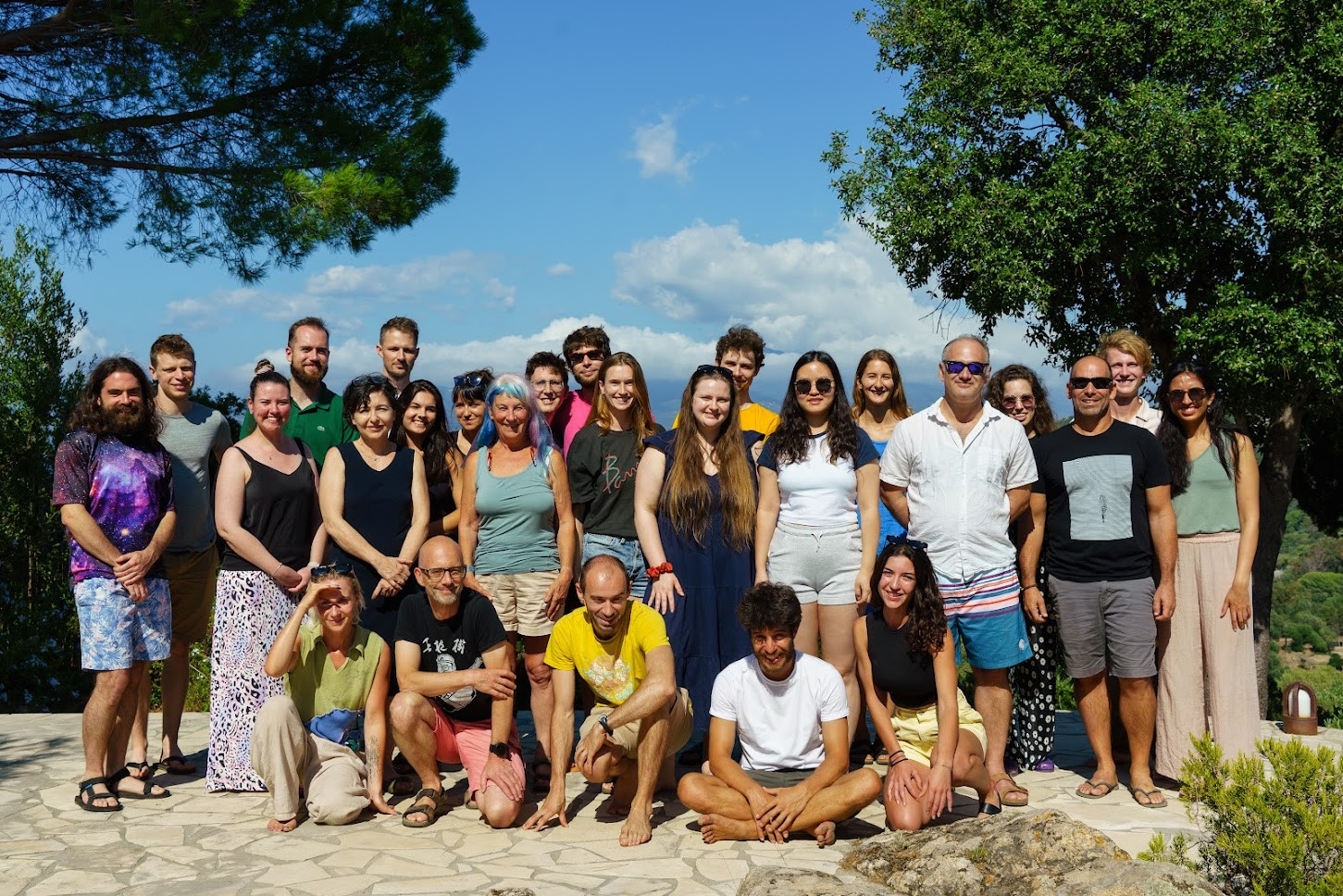
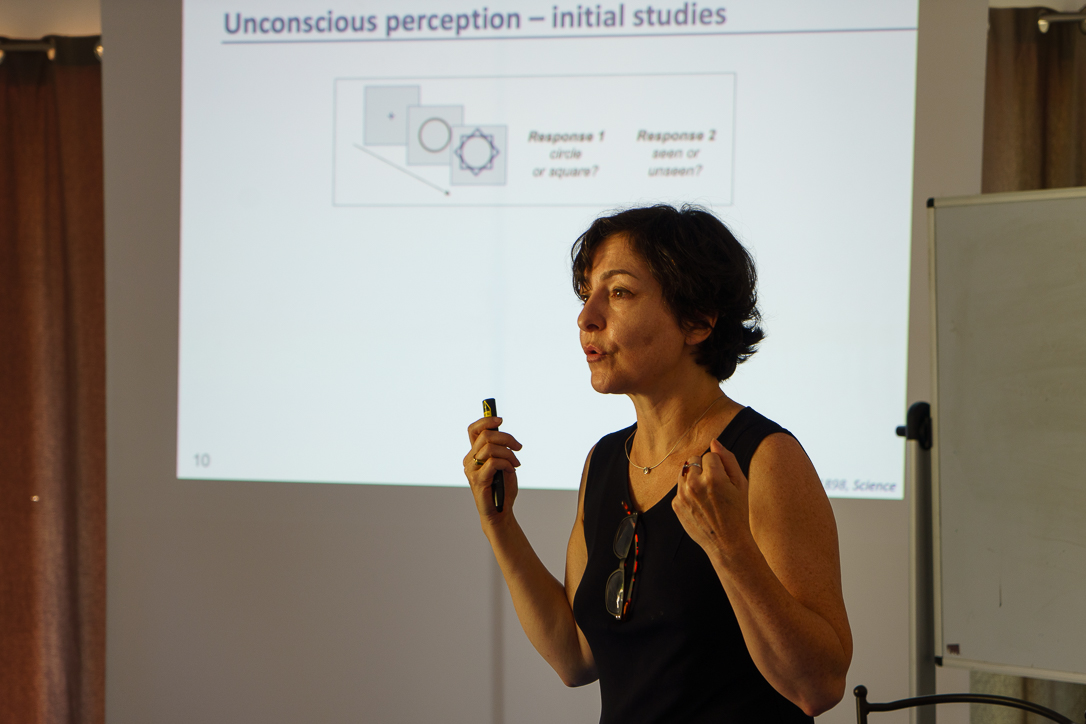

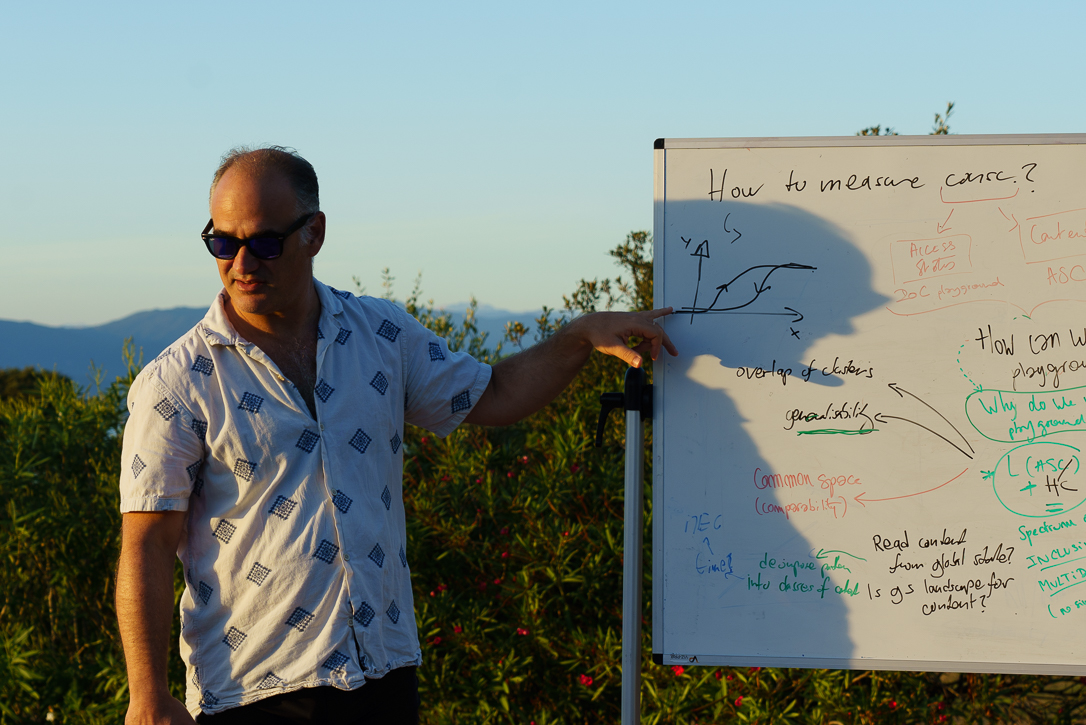

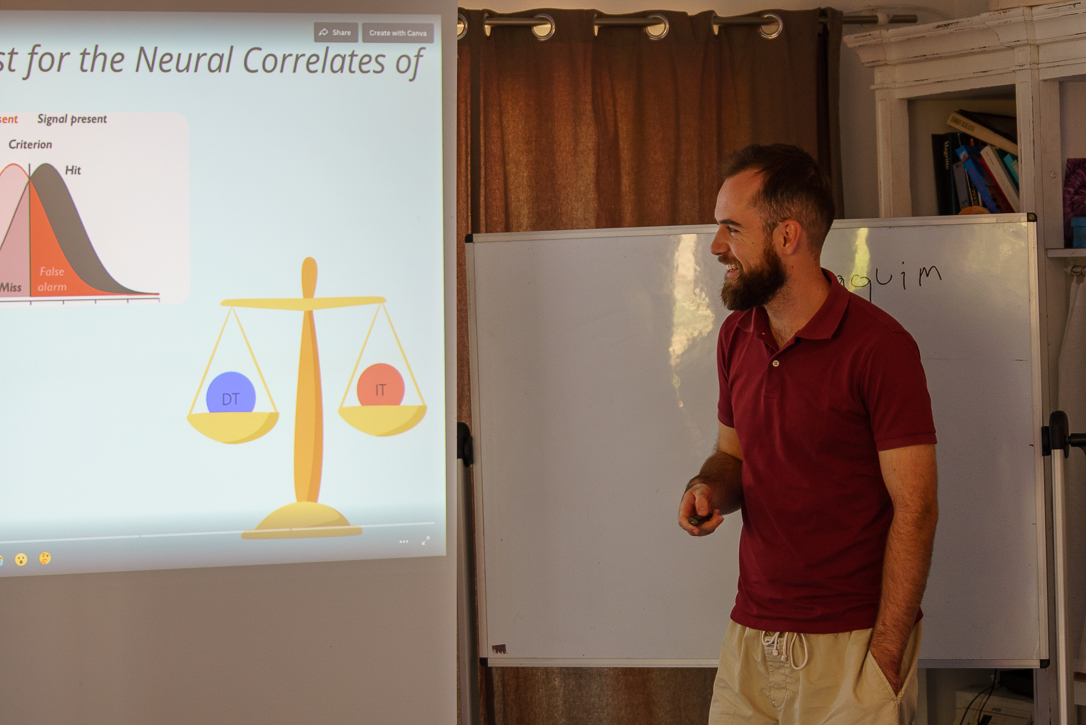
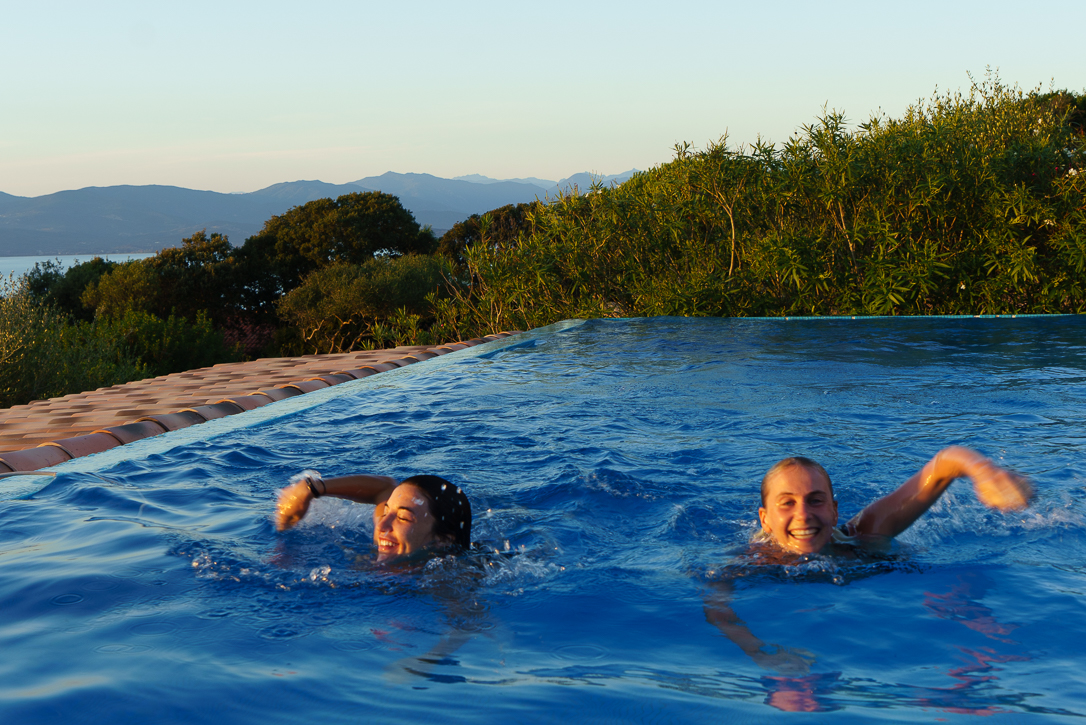
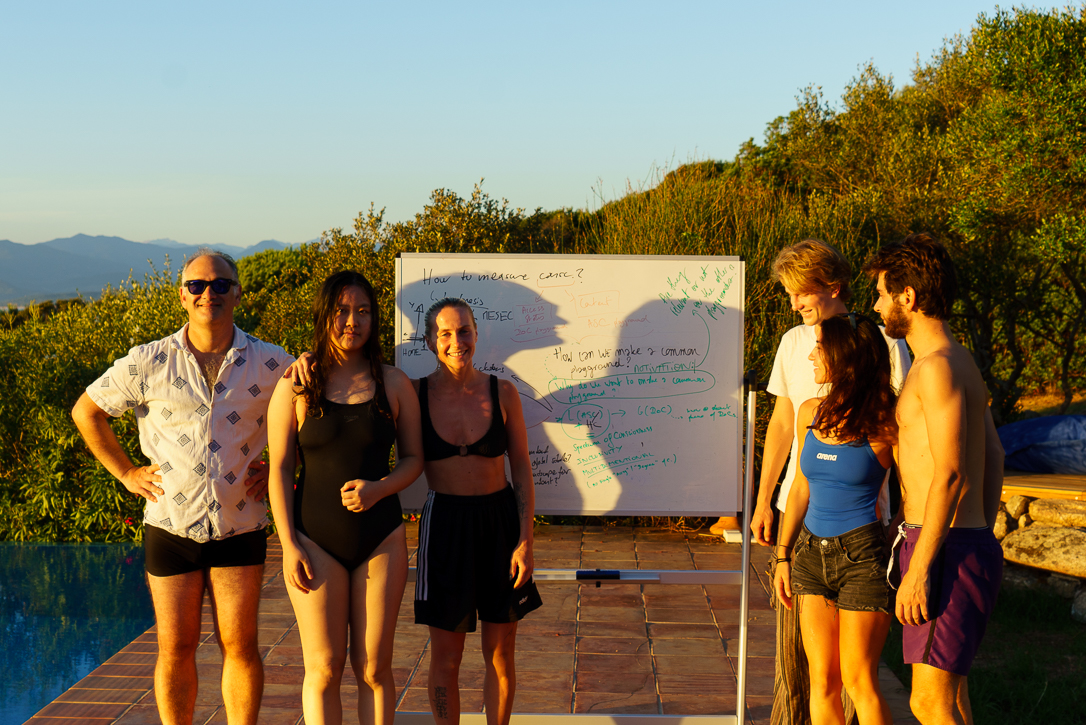
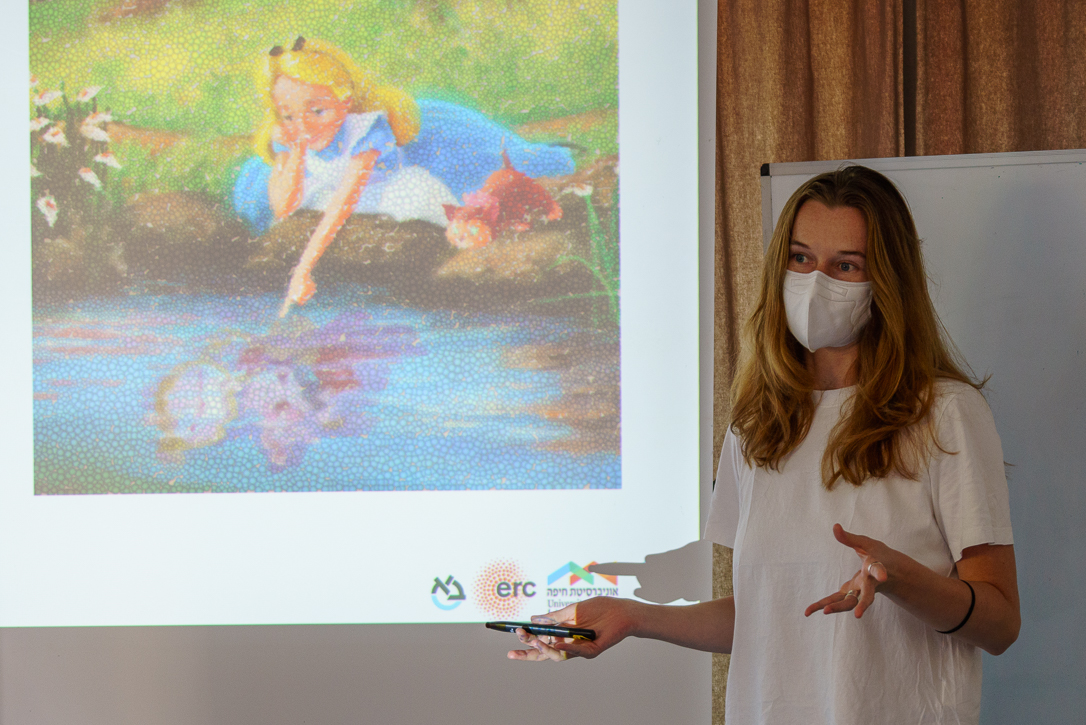
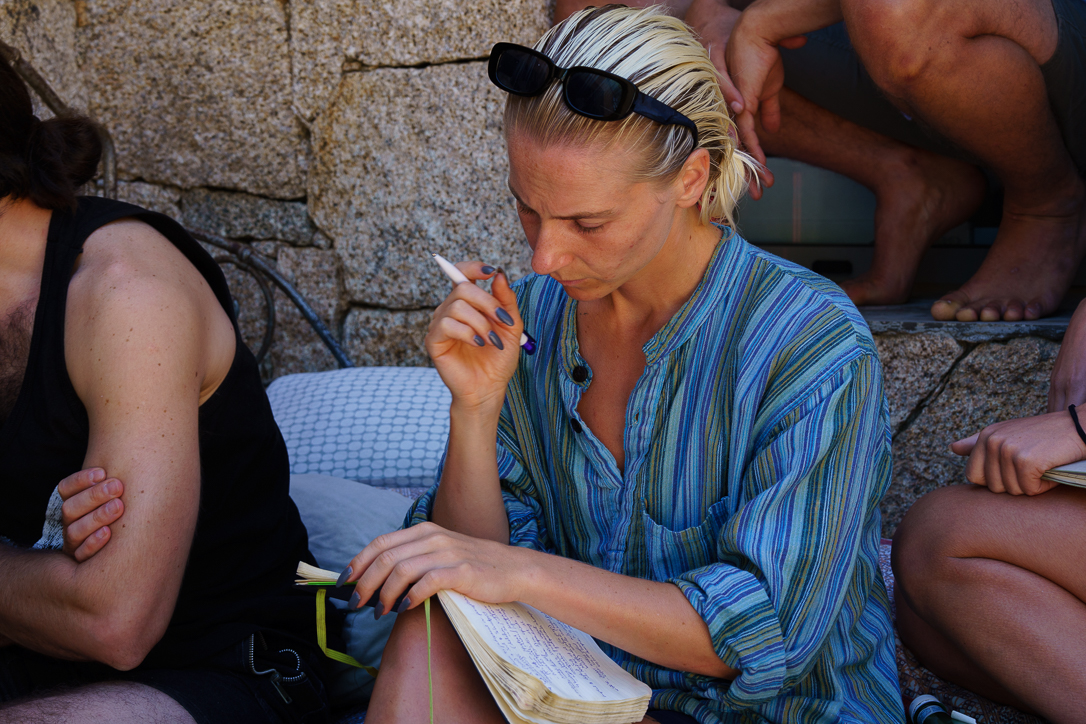
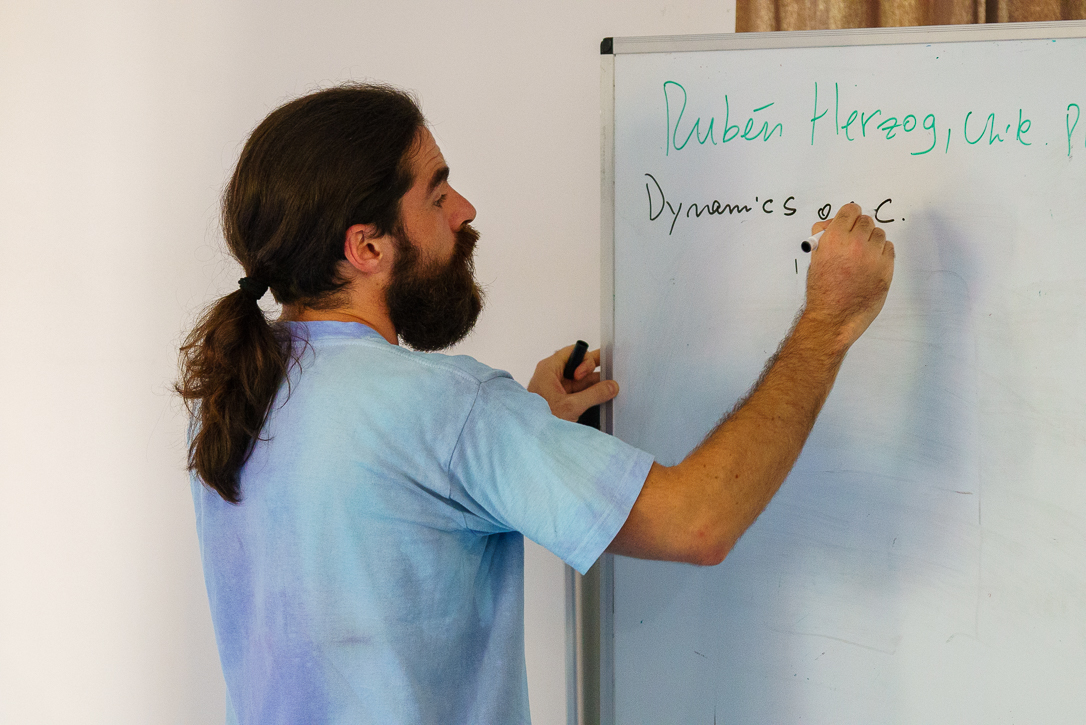

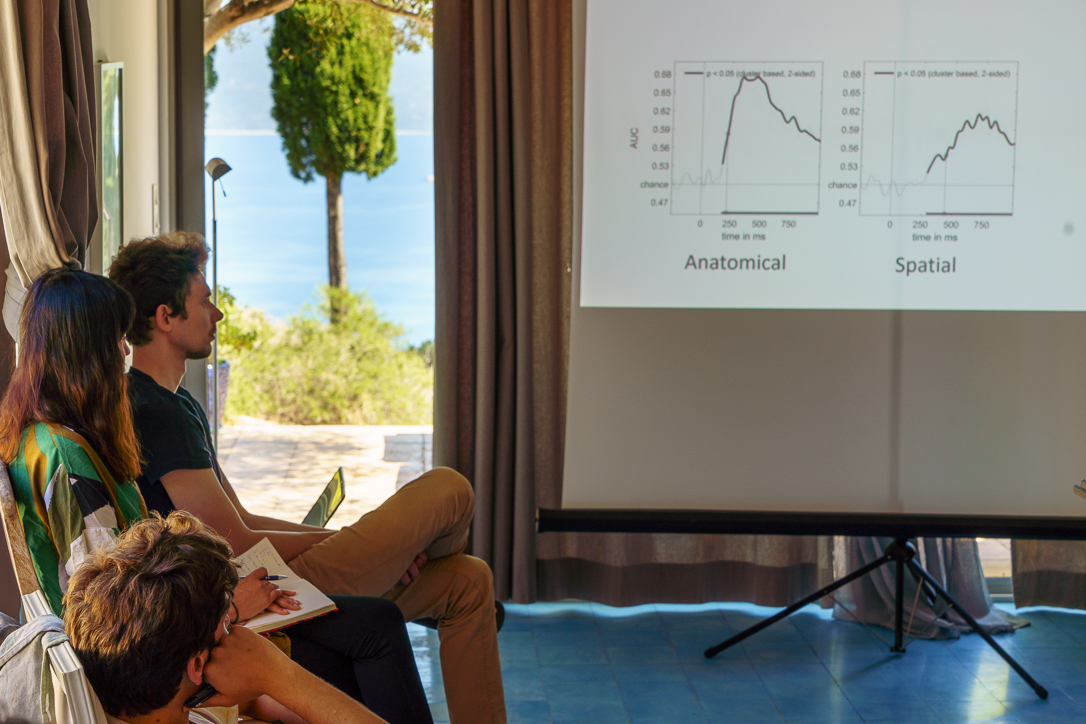

Empirical questions in consciousness science
-
Campomoro, Corsica
-
From 2nd to 10th of September 2023
-
A limited amount of bursaries was available for participants who wouldn't have been able to attend otherwise, covering part or all of the fees
-
16 participants
The progress in consciousness science is directed by the kinds of questions we ask. The “hard problem” of consciousness challenges the field by raising the ontological problem of explaining how and why physical processes can give rise to subjective experience. But the supposedly “easy” problems of discerning the various cognitive processes and their relationships to subjective experience are crucial in promoting our understanding of consciousness. The work on the “easy” problems has not only contributed to the advancement of new techniques and experimental methods, but has also shaped our understanding of consciousness as a scientifically grounded phenomenon.
In this year’s edition of the MESEC Workshop, we’ll get out of the armchairs and jump into the wilderness of some of the burning “easy” questions in consciousness science. We will look at the empirical questions which may help us to move the field forward, either by arbitrating between diverging models of consciousness, or by allowing us to better describe the complex conscious experiences at the core of our research field. The workshop is a small-format event (16 participants), and will provide a great opportunity for PhD students and postdocs to discuss, debate, network, and reflect on their research and beyond. Expect discussion on the topics such as the relationship between attention, memory, metacognition, and consciousness; whether experience is rich or fallible; how having a body connects with being conscious; how psychedelics affect subjective experience—and many more!
The workshop will open with an introduction day, in which each participant presents their research background in a short “lightning” talk. The following five days are scheduled around five keynote talks, each presenting their take on what they see as the important empirical questions or angles in current consciousness science. The talks are followed by deep-dive discussion sessions in small groups, assigned according to participants’ preferences. The output of these talks and discussion groups will be a workshop paper, outlining five (or more) foci of empirical work in consciousness research. The schedule will be completed with semi-formal discussion groups on other empirical or theoretical questions in consciousness science, a scenic excursion, and plenty of beach time.
We are excited to invite PhD students and postdocs working in consciousness science to apply. We will also consider pre-PhD applications, but the applicants should already have at least some experience in the field of consciousness research. The applicants should either do empirical work, or work on theoretical topics related to empirical questions. During the workshop, we aim to foster an environment of equality, where keynote speakers and participants can engage in open, collaborative discussions on empirical research and ideas.
Participants will have an opportunity to actively contribute to the discussion in their field of expertise, write a joint paper, as well as advance their understanding on other empirical questions in current consciousness science — and all that in an idyllic Mediterranean setting. Moreover, joining a MESEC event will connect you with a diverse, open-minded and curious community of motivated early-career researchers from around the world and make invaluable connections. Join us for this unique opportunity and request the application form below!
Organizers
Ulysse Klatzmann
Université de Montréal
Karla Matić
BCCN Berlin
Rony Hirschhorn
Tel-Aviv University
Sebastian Dohnány
University of Oxford
Hadrien Titeux
École Normale Supérieure
Adelina-Mihaela Halchin
Cardiff University
Scientific Chair
Dominique Lamy
Tel-Aviv University
Confirmed Speakers
Jérôme Sackur
École Normale Supérieure
Susan Blackmore
University of Plymouth
Jacobo Diego Sitt
Paris Brain Institute (ICM)
Roy Salomon
University of Haifa
Participants
François Sockart
Yale University
Michał Remiszewski
Jagiellonian University
Joaquim Streicher
Université de Montréal
Lucija Blaževski
Netherlands Institute for Neuroscience
Zheng Huang
University College London (UCL)
Rosalind McAlpine
University College London (UCL)
Akila Kadambi
UCLA
Ivan Mindlin
Paris Brain Institute (ICM)
Sofía Gana
Universidad del Desarrollo
Reina van der Goot
Bar-Ilan University
Rubén Herzog
IIFISC - Institut de Física Interdisciplinària i Sistemes Complexos
Romy Beauté
University of Sussex
Justyna Hobot
Jagiellonian University
George Deane
Université de Montréal
Dimitrios Askitis
University of Copenhagen